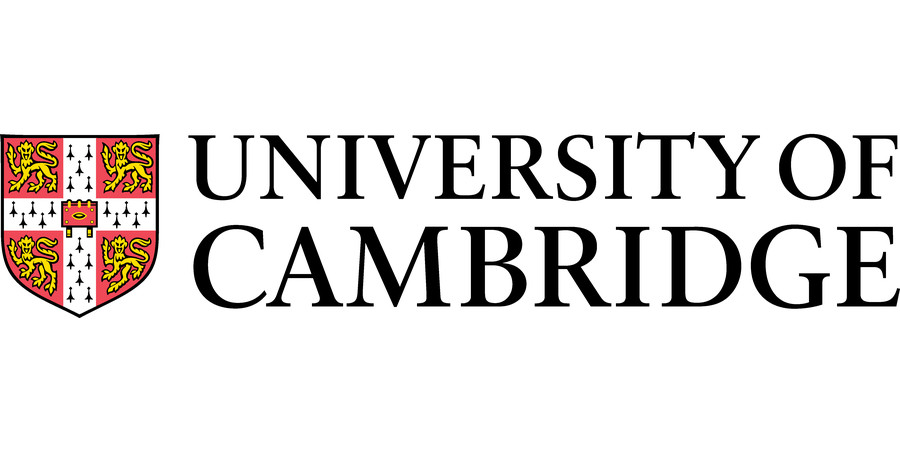PhD Studentship: Synthetic Organic Chemistry and Chemical Biology
University of Cambridge - Department of Chemistry
| Qualification Type: | PhD |
|---|---|
| Location: | Cambridge |
| Funding for: | UK Students, EU Students, International Students |
| Funding amount: | From £21,500 maintenance grant p.a. |
| Hours: | Full Time |
| Placed On: | 18th November 2025 |
|---|---|
| Closes: | 3rd December 2025 |
| Reference: | MA47980 |
Department/Location: Yusuf Hamied Department of Chemistry
Applications are invited for a 4-year PhD studentship based in the Department of Chemistry, University of Cambridge and the new AstraZeneca Discovery Centre at Cambridge. The student will be working on a collaborative project jointly supervised by Prof David Spring (Cambridge) and Dr Jonathan Bargh (AstraZeneca) and will have the opportunity to work across the two sites. The project, entitled "Developing the next generation of antibody-oligonucleotide conjugates using divinylpyridimidine conjugation" is in the field of Synthetic Organic Chemistry and Chemical Biology.
The project will combine the advances in Antibody-drug conjugates (ADCs) with antisense oligonucleotides. ADCs have revolutionized targeted cancer therapy by delivering cytotoxic drugs to cancer cells with reduced systemic toxicity. Concurrently, oligonucleotide-based therapies, such as antisense oligonucleotides, have expanded the therapeutic landscape, offering novel approaches for modulating gene expression and protein function. Antibody-oligonucleotide conjugates (AOCs) combine the specificity of antibodies with the gene-modulating capabilities of oligonucleotides. This research aims to develop a novel method for conjugating oligonucleotides to antibodies, utilizing divinylpyridine motifs. The project will develop skills in both organic synthesis and chemical biology.
We are looking for a highly motivated and enthusiastic individual capable of thinking and working independently. Applicants should have or shortly expect to obtain a first or upper second-class degree from a UK university, or an equivalent standard from an overseas university, in a relevant subject such as Chemistry. Ideally, the candidate will have a strong background in organic chemistry. Practical experience of synthetic organic chemistry and peptide chemistry in a research environment would be beneficial.
The studentship will commence in October 2026 and will provide a maintenance grant of GBP21,500 p.a., plus tuition fees at the UK/home rate. Non-UK applicants will be considered if they are able to fund the overseas fees differential, or if they are awarded a suitable scholarship. Full details of the University's entrance requirements and scholarships are specified on the following link: https://www.postgraduate.study.cam.ac.uk/
To apply, please submit an application through the University Applicant Portal for the course "PhD in Chemistry", naming Professor David Spring as potential supervisor.
Information about research in the Department of Chemistry is given at: http://www.ch.cam.ac.uk
For any queries about this studentship, please contact Prof. David Spring by email at spring@ch.cam.ac.uk
We anticipate holding interviews in mid-December or early January.
Please quote reference MA47980 on your application and in any correspondence about this vacancy.
The University actively supports equality, diversity and inclusion and encourages applications from all sections of society.
Advert information
Type / Role:
Subject Area(s):
Location(s):









